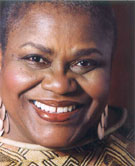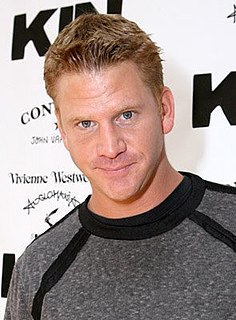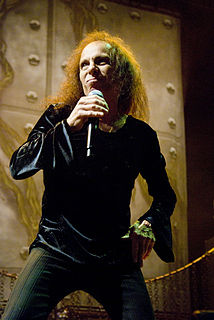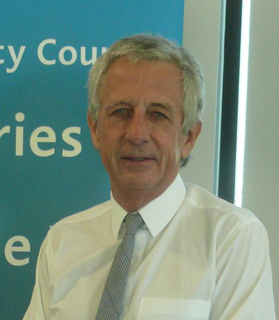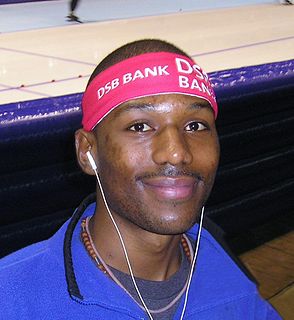A Quote by Joe Haldeman
You'd have to put yourself back in the 1960s to understand how separate from the mainstream of American life soldiers felt themselves to be, because we knew that students and others were demonstrating pretty violently against what we were doing.
Related Quotes
We know that there were so many Japanese American soldiers in World War II who were fighting in Europe despite the fact that their families, their parents were back home in American prison camps. It's savagely ironic that between themselves and the African-American soldiers, who were also segregated and didn't see the fruition of the work the culminated in the Civil Rights Act until the '60s, that these American heroes and their stories are not well known; and the fact that the 442nd/100th became the most decorated unit in U.S. history.
In the 1960s when the recording studio suddenly really took off as a tool, it was the kids from art school who knew how to use it, not the kids from music school. Music students were all stuck in the notion of music as performance, ephemeral. Whereas for art students, music as painting? They knew how to do that.
What is wrong with encouraging students to put "how well they're doing" ahead of "what they're doing." An impressive and growing body of research suggests that this emphasis (1) undermines students' interest in learning, (2) makes failure seem overwhelming, (3) leads students to avoid challenging themselves, (4) reduces the quality of learning, and (5) invites students to think about how smart they are instead of how hard they tried.
My parents were perfectly open-minded about everything. They never tried to convince us of what was true or what wasn't true in their minds. We were just presented with the information that was around and pretty much allowed - though, I mean, we knew how they felt. We knew they didn't go to church. So obviously that had an effect.
I think I was probably looking for gay role models when I was younger, before I even knew or thought I was gay. I didn't really make the connection that they were gay, but I felt drawn to them because they were going against the grain, and I knew there was something that they had that everybody else didn't have. It was an edge.
Jesus Christ left us an example for our daily conduct. He felt no bitter resentment and He held no grudge against anyone! Even those who crucified Him were forgiven while they were in the act. Not a word did He utter against them nor against the ones who stirred them up to destroy Him. How evil they all were. He knew better than any other man, but He maintained a charitable attitude toward them.
Whether these were liberal publications or conservative publications, whether they were mainstream or slightly to the side of the mainstream; out of the mainstream, they all believed that they had the right to tell you how to stylize yourself. And from the New York Times to the much more left-winged nation. And The Voice said, no, whatever you want to. You drew whatever you want to, we'll publish it. Nobody was doing that. Nobody does it today. The Voice is no longer that paper, and editorializing is now in the hands of editors, with few exceptions.



